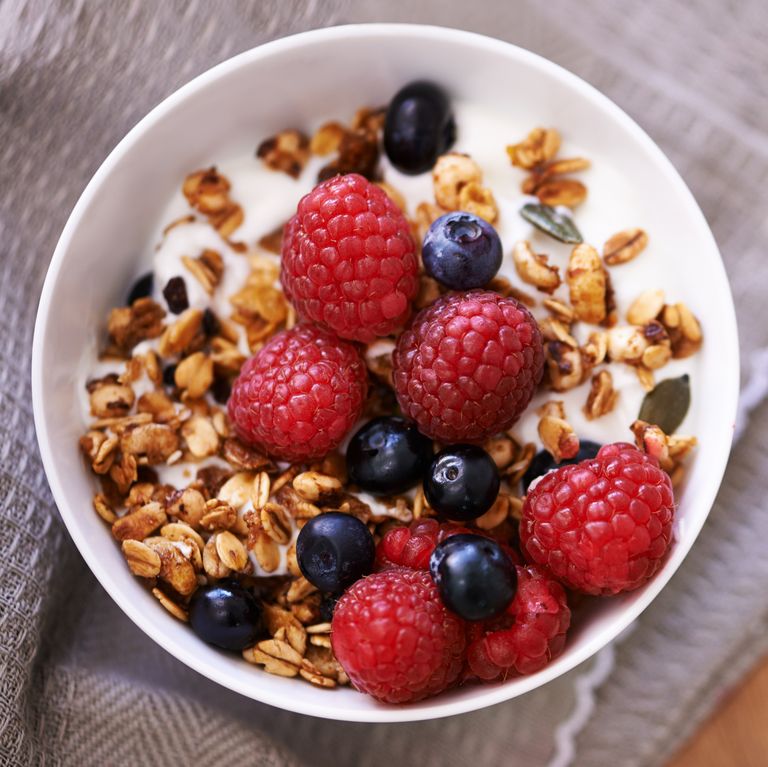Amongst hundred types of food out there, which of these get the red light when it comes to maintaining the health of the heart? Here are 10 worse food for your heart.
Ketchup
You might want to rethink your condiment choices the next time you go grocery shopping.
According to Juan Rivera, MD, a cardiologist in Miami Florida, “Ketchup is very high in sodium as well,”
Two tablespoons of the said condiment have 320 milligrams of sodium, which is 14% more than the daily suggested limit of 2,300 milligrams. Aside from that, ketchup also contains 8 grams of super per two-tablespoon serving.
Fruit Smoothies
It’s fruit. It should be healthy. However, that’s not the case and these fruit smoothies are deceiving you big time. Suzanne Fisher, RD, LDN, founder of Fisher Nutrition Systems in Cooper City, Florida notes “What could seem healthier than a fruit smoothie? In theory they should be healthy, unless you count how many grams of sugar you are actually consuming,”
Fisher also adds “Plus, by drinking fruit instead of eating it whole, you lose the essential fiber that could help normalize elevated blood lipids—a key risk factor of heart disease.”
Canned Vegetables
The same goes for canned vegetables. Despite being vegetables, canned ones might be more dangerous than healthy for your heart.
The creator of Happy Slim Healthy, Jenna A. Werner, R.D., says “This does not apply to all canned vegetables, in fact some may be a great addition to your weekly meals! However some canned vegetable products are packaged with excess added sodium which can take a vegetable with no salt and make it have more than a processed snack item,”
She always advises her clients to read those labels.
Granola
Some of us might rely on granola bars for a quick fix during busy mornings. However, Fisher notes that “Most granola is packed with sugar and calories and deficient in essential nutrients and fiber. The better choice is oats or a low-sugar, whole-grain cereal,”
You might want to look out for portion sizes when you are leaning towards a quick granola bite.
Coffee Creamer
Some of us can’t down a pure black coffee and heavily rely on coffee creamers to adjust the taste of our daily caffeine fix.
Rivera says “They might contain trans fat or hydrogenated oil which increases the risk of developing plaque in the heart’s arteries,”
Sports Drink
We all know that water is the ultimate health elixir but we do have those moments where all we need after a good workout session is just a plain old sports drink. However, Fisher notes that “Full-sugar sports drinks can contain up to 34 grams of sugar, which equates to approximately eight and a half teaspoons,” she says. “The AHA recommends a daily sugar intake of no more than six teaspoons for women and nine teaspoons for men.”
Diet Soda
We all know soda is bad for the health and might be leaning on to its “diet” version. However, diet sodas still fall under the category of artificially sweetened sodas.
“No calories and no sugar seems like a win for soda drinkers everywhere. But when people swap a sugary beverage for one with a zero-calorie sweetener, they often make up for it by eating more at the next meal. Other research suggests that the chemicals in diet soda and the artificial sweeteners can alter gastrointestinal bacteria that make people more prone to gaining weight,” Batayneh says.
Batayneh’s advice? No matter what health condition you want to avoid, always think twice about chemically-made food.






